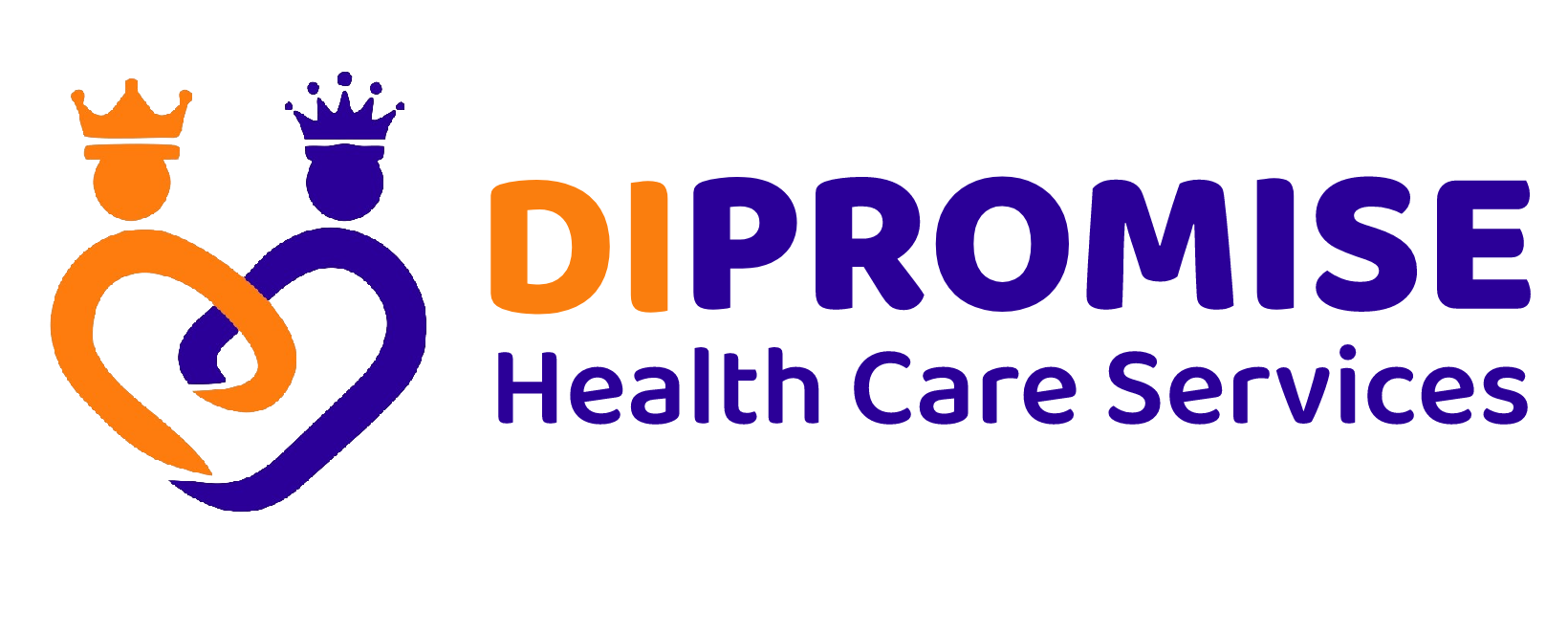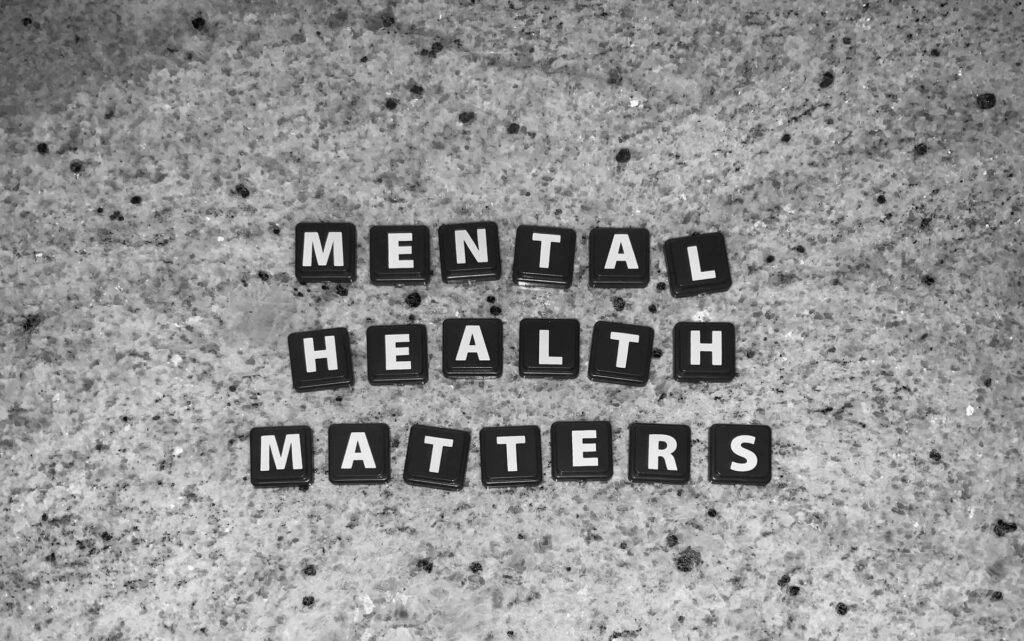According to the WHO, mental health is a state of well-being in which an individual realizes his or her own abilities, can cope with the normal stresses of life, can work productively, and is able to make a contribution to his or her community. It also refers to cognitive, behavioral, and emotional well-being. It is all about how people think, feel, and behave.
Mental health can affect daily living, relationships, and physical health.
However, this link also works in the other direction. Factors in people’s lives, interpersonal connections, and physical factors can all contribute to mental health disruptions. Many people have mental health concerns from time to time. But a mental health concern becomes a mental illness when ongoing signs and symptoms cause frequent stress and affect your ability to function.
And in the rest of this article, we are going to show you what mental illness is, its symptoms, risk factors, causes, and treatments. Mental illness, also called mental health disorders in summary refers to a wide range of mental health conditions — disorders that affect your mood, thinking, and behavior. A mental illness can make you miserable and can cause problems in your daily life, such as at school or work, or in relationships.
Symptoms
There are signs or symptoms people should look out for in the following of a mental health disorder:
- withdrawing from friends, family, and colleagues
- feeling hopeless
- having consistently low energy
- using mood-altering substances, including alcohol and nicotine, more frequently
- displaying negative emotions
- sleeping too much or too little
- having persistent thoughts or memories that reappear regularly
- hearing voices
- experiencing delusions
- Sex drive changes
- Excessive anger, hostility or violence
- Suicidal thinking
Risk factors
There are several factors that may increase your risk of developing a mental illness in the following:
- A history of mental illness in a blood relative, such as a parent or sibling(Genetics)
- Stressful life situations, such as financial problems, a loved one’s death or a divorce
- An ongoing (chronic) medical condition, such as diabetes
- Use of alcohol or recreational drugs
- A childhood history of abuse or neglect
- Few friends or few healthy relationships
- A previous mental illness
- Brain damage as a result of a serious injury (traumatic brain injury), such as a violent blow to the head
Causes
Although the exact cause of most mental illnesses is not known, it is becoming clear through research that many of these conditions are caused by a combination of biological, psychological, genetic, and environmental factors:
- Hereditary (genetics)
- Substance abuse
- Prenatal damage
- Brain defects or injury
- An important early loss of a family member or loved one
- Severe psychological trauma suffered as a child, such as emotional, physical, or sexual abuse
- Neglect
- Poor ability to relate to others
- Death or divorce
- A dysfunctional family life
- Feelings of inadequacy, low self-esteem, anxiety, anger, or loneliness
- Changing jobs or schools
- Substance abuse by the person or the person’s parents
Treatment
There are various methods for managing mental health problems. Treatment is highly individual, and what works for one person may not work for another. Some strategies or treatments are more successful in combination with others. A person living with a chronic mental disorder may choose different options at various stages in their life. The individual needs to work closely with a doctor who can help them identify their needs and provide them with suitable treatment.
Treatments include:
- Psychotherapy, or talking therapies:
This type of treatment takes a psychological approach to treating mental illness. Cognitive-behavioral therapy, exposure therapy, and dialectical behavior therapy are examples. Psychiatrists, psychologists, psychotherapists, and some primary care physicians carry out this type of treatment. It can help people understand the root of their mental illness and start to work on more healthful thought patterns that support everyday living and reduce the risk of isolation and self-harm.
- Medication
Although these cannot cure mental disorders, some medications can improve symptoms and help a person resume social interaction and a normal routine while they work on their mental health. Some of these medications work by boosting the body’s absorption of feel-good chemicals, such as serotonin, from the brain. Other drugs either boost the overall levels of these chemicals or prevent their degradation or destruction.
- Self-help
A person coping with mental health difficulties will usually need to make changes to their lifestyle to facilitate wellness. Such changes might include reducing alcohol intake, sleeping more, and eating a balanced, nutritious diet. People may need to take time away from work or resolve issues with personal relationships that may be causing damage to their mental health. People with conditions such as anxiety or depressive disorder may benefit from relaxation techniques, which include deep breathing, meditation, and mindfulness.
Having a support network, whether via self-help groups or close friends and family, can also be essential to recovery from mental illness.




